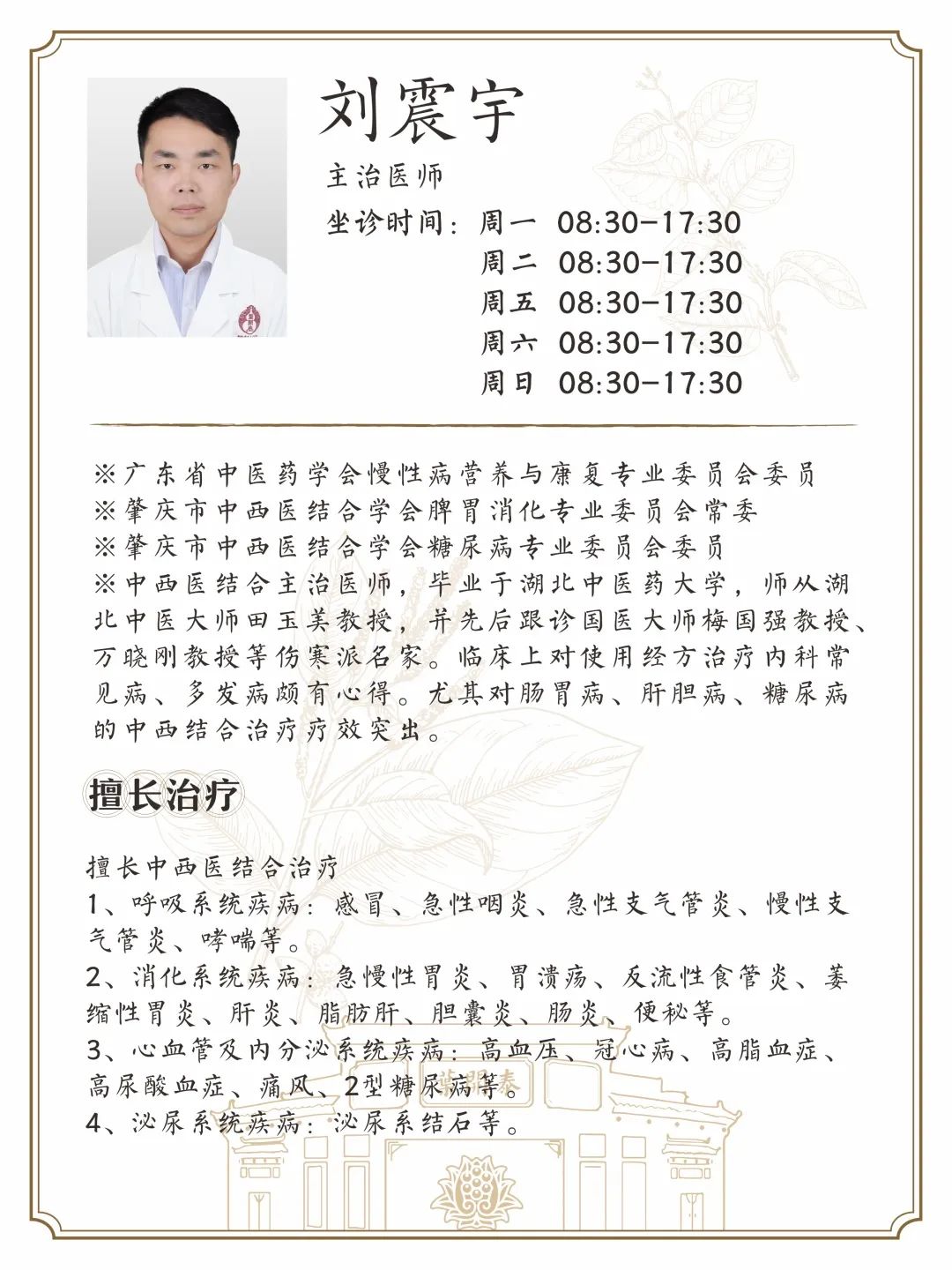“
What are the Seven Emotions?
Seven Emotions refer to the seven emotional activities of “joy, anger, worry, thought, sadness, fear, and shock.” Traditional Chinese Medicine (TCM) considers these as physiological responses of the body to external environments, which generally do not directly cause illness.
However, if emotional activities are intense, excessive, and persistently unsettled, they will inevitably affect the functions of the organs and the flow of qi and blood, leading to systemic disturbances.
As stated in the Suwen: On Pain: “Anger causes qi to rise, joy causes qi to relax, sadness causes qi to dissipate, fear causes qi to descend, shock causes qi to become chaotic, and thought causes qi to stagnate.” Furthermore, “anger harms the liver, joy harms the heart, thought harms the spleen, worry harms the lungs, and fear harms the kidneys,” all indicating that excessive and extreme emotions can damage the qi and organs of the body.

“
What Functions Do the Spleen and Stomach Have?
“The Stomach is one of the six fu organs, and TCM states that “the six fu organs function through communication and descending,” clearly expressing the functional characteristics of the six fu organs. The primary task of the stomach is to receive food from the outside and digest it, transforming it into nutrients that can be absorbed by the body. In simple terms, after the stomach receives food, it must sequentially transform it and deliver it to the small intestine below, allowing the small intestine to absorb nutrients and continue to pass the remaining material to the large intestine, which is ultimately expelled through the anus.
From the entire process described above, it is evident that the stomach is always in motion, and during this peristalsis, the secretion of various digestive glands must be regulated by the neuroendocrine system.
Now, the key point is that when eating in a pleasant emotional state, the gastrointestinal peristalsis becomes stronger, and the secretion of digestive juices increases, facilitating smooth digestive activities, which is very beneficial for health. Conversely, when eating under negative emotions such as anger, tension, or worry, blood flow to the stomach decreases, stomach movement weakens, and digestive functions decline or even become disordered; this can also lead to the prolonged retention of food and gastric juices in the stomach, causing damage to the gastric mucosa.

Therefore, it is essential to remember not to eat under prolonged negative emotional states, as this can lead to various gastric diseases. Do not forget that the “stomach” is an organ with emotions and can feel emotions.
“
The Relationship Between the Seven Emotions and the Spleen and Stomach
Humans are not plants; who can be without emotions? Humans are the most intelligent beings, and joy, anger, sorrow, and happiness are natural human emotions. However, excessively strong negative emotional responses that last too long can easily lead to gastric diseases. Among the seven emotions, thought, sadness, worry, and anger are most closely related to the spleen and stomach.
The stomach is the organ most easily influenced by psychological and mental factors. When a person feels repressed, depressed, or gloomy, they may lose their appetite; even if they force themselves to eat, they may feel bloated and uncomfortable. Over time, this can lead to various spleen and stomach diseases.
1
“Anger” and Its Relationship with the Spleen and Stomach
“Anger” is the phenomenon of feeling furious and indignant when encountering unreasonable situations or when things do not go as planned.
In TCM, it is said that liver qi should be regulated and smooth; when the liver is soft, the blood is harmonious, but when the liver is stagnant, qi will reverse. When a person is angry, it disrupts the normal and smooth psychological environment, causing the liver to lose its regulation, and liver qi will become rebellious.
Thus, after becoming angry, people often feel pain in the sides or discomfort under the ribs; they may lose their appetite, experience abdominal pain, or even vomit blood.
TCM believes: “The five elements associate the liver with wood and the spleen with earth; wood overcomes earth, and when liver qi is rebellious, it harms the spleen earth.” Modern medicine also recognizes that extreme tension can lead to gastrointestinal dysfunction or the formation of digestive ulcers; for instance, Zhou Yu died from anger-induced vomiting of blood, and similar cases can occasionally occur in daily life. Therefore, from a health perspective, the best approach is to try to avoid anger, as it benefits both oneself and others.
2
“Worry” and Its Relationship with the Spleen and Stomach
“Worry” refers to feelings of sorrow and gloom. It manifests as being anxious, frowning, sighing, and feeling downcast.
The Ling Shu: On the Spirit states: “Those who worry have qi that is blocked and does not flow.” If excessive worry occurs, it not only damages lung qi but also affects spleen qi and appetite. This is because the lung belongs to metal and the spleen belongs to earth; earth generates metal, and if metal is sick, it will affect its mother, leading to the spleen earth not functioning.

3
“Thought” and Its Relationship with the Spleen and Stomach
“Thought” refers to concentrating on thinking about problems. Thinking relies entirely on a person’s subjective will. If thinking is excessive, it can affect the spirit and lead to more chaotic thoughts. Conditions such as loss of appetite, insomnia with vivid dreams, and neurasthenia are often related to excessive thinking.
TCM believes: Excessive thinking harms the spleen; when the spleen is harmed, food does not taste good, sleep is poor, and over time, qi stagnation occurs, leading to various diseases. Therefore, when faced with certain issues in society or life that cannot be resolved, it is best not to dwell on them, as the more one thinks, the more unsatisfactory it becomes, and dissatisfaction can lead to qi stagnation.
How Should One Eat When Suffering from Gastric Diseases?
☑ Patients with gastric diseases generally need a light and easily digestible diet, avoiding smoking and alcohol, maintaining regular meals, eating more fresh fruits and vegetables, and reducing spicy and fried foods that are hard to digest.
☑ It is recommended for those with liver qi stagnation, depression, tension, and irritability to consume foods that soothe the liver and regulate qi, such as rose, jasmine, and hawthorn flowers brewed as tea;
☑ For those who overthink, leading to spleen qi deficiency or excessive dampness, they can regularly cook porridge with coix seed, yam, lotus seeds, and white lentils;
☑ For those with thick and greasy tongue coating, spleen deficiency, and dampness in the stomach, they can eat foods that promote digestion and resolve stagnation, such as radish, water chestnut, hawthorn, and dried tangerine peel.

Signs of Gastric Pain: What to Watch Out For
01. Bad breath, dry mouth, bitter taste, gastric pain, and bloating may indicate a possible infection with Helicobacter pylori; it is recommended to undergo a C14 breath test at the hospital to rule out infection.
02. Gastric pain, nausea, black stools, or even vomiting coffee-colored gastric contents, dizziness, fatigue, and pale complexion may indicate possible gastrointestinal bleeding; it is advisable to seek medical attention promptly for a gastroscopy to clarify the situation.
03. Chronic, periodic, rhythmic upper abdominal pain may suggest the presence of a peptic ulcer. Pain after meals is more indicative of gastric ulcers; hunger pain, nighttime pain, and relief after eating are more suggestive of duodenal ulcers; all require timely hospital visits for gastroscopy to confirm the diagnosis for more targeted treatment.

04. If there is intermittent pain below the xiphoid process after eating, gradually turning into persistent pain, accompanied by loss of appetite, abdominal fullness, significant weight loss, anemia, and dizziness, it is necessary to be vigilant about the possibility of gastric cancer and seek medical attention promptly for relevant examinations.
Author of this article



